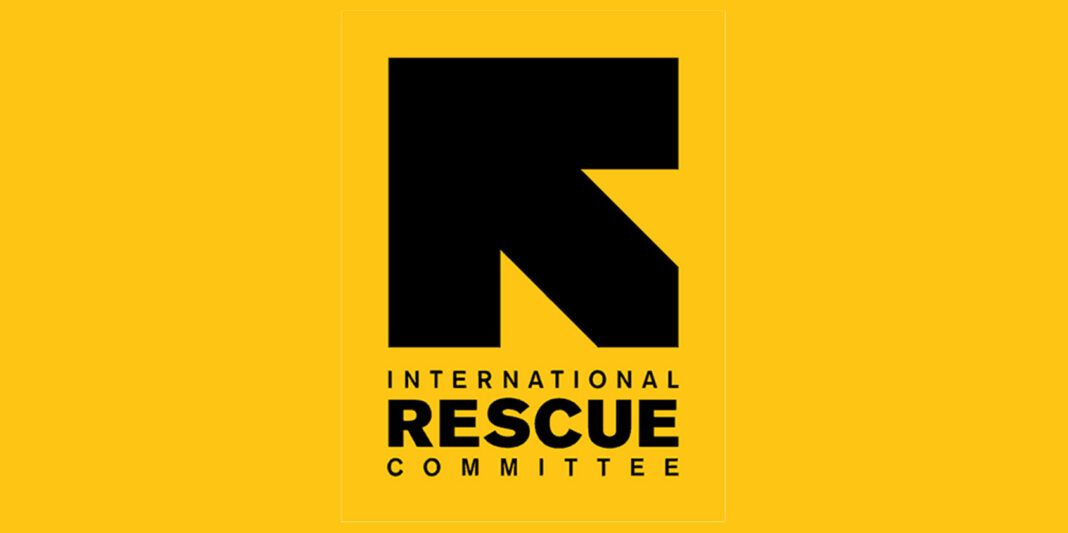By our staff reporter
Ethiopia is facing one of the most severe humanitarian crises in its history, exacerbated by ongoing conflicts, climate change, and economic instability. With millions in desperate need of assistance, the situation demands urgent attention from the international community.
According to the Emergency Watchlist report by the International Rescue Committee’s (IRC) that asses 20 countries at greatest risk of new humanitarian emergencies each year, over 15 million Ethiopians are currently experiencing acute food insecurity. The conflict in the northern Tigray region, which began in 2020, has led to widespread displacement and destruction of livelihoods. Many families, once self-sufficient, now rely on humanitarian aid to survive.
The country is also grappling with the effects of climate change, which has intensified droughts and floods, further complicating the already dire situation. In 2024 alone, nearly 5 million people were displaced due to climate-related disasters, and agricultural productivity has plummeted, leaving communities vulnerable to famine.
Women and children are particularly affected by the crisis. The report indicate a surge in gender-based violence, as conflicts disrupt social structures and leave women and girls exposed to further risks. Access to education has also been compromised, with many schools destroyed or repurposed for military use, leaving children without a safe place to learn.
Despite the overwhelming need, humanitarian funding remains insufficient. IRC has warned that Ethiopia accounts for a significant portion of global humanitarian needs, yet it receives only a fraction of the necessary support. In 2025, the IRC aims to expand its efforts in Ethiopia, focusing on delivering food, health services, and protection for the most vulnerable.
Sudan is similarly facing a catastrophic humanitarian crisis, with over 11 million people in need of assistance. The ongoing conflict that erupted in 2023 has resulted in widespread violence, displacement, and a breakdown of essential services. The report indicate that Sudan accounts for approximately 10% of all people globally in humanitarian need, despite having less than 1% of the world’s population.
The conflict has led to severe food shortages, with millions facing acute malnutrition. The situation is compounded by economic instability and the impact of climate change, as floods and droughts disrupt agricultural production.
Other countries in Africa are also topping the humanitarian crisis list. South Sudan, with ongoing violence and economic collapse, has over 8 million people in need of assistance. In Somalia, persistent drought and conflict have pushed 7 million people into crisis-level food insecurity. The humanitarian situation in the Central African Republic and the Democratic Republic of the Congo remains dire, with millions facing displacement and violence.







